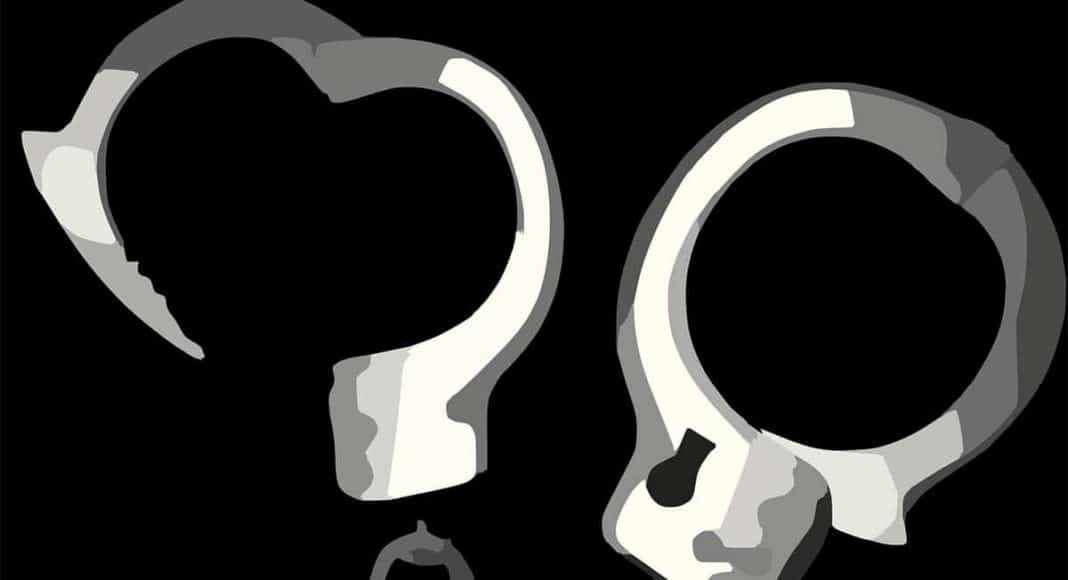As America’s opioid abuse crisis escalates, there are voices in positions of power extolling the virtues of the Reagan-era “Tough On Crime” agenda and calling for more jail time for drug offenders.
But a powerful new analysis released this week by The Pew Charitable Trusts shows that “no statistically significant relationship between states’ drug offender imprisonment rates and three measures of drug problems: rates of illicit use, overdose deaths, and arrests.”
The latest study echoes another Pew analysis from 2015 which proved that federal sentencing laws enacted during the 1980s and 1990s have required more drug offenders to go to prison — and stay there much longer. This study also concluded that these policies contributed to ballooning costs: The federal prison system now consumes more than $6.7 billion a year.
-
Related Story: Marijuana Legalization Must Include Justice Reform
In the report released this week, which was sent to submitted a to the President’s Commission on Combating Drug Addiction and the Opioid Crisis, Pew focused on state-by-state judicial policies:
Although the federal courts receive the lion’s share of public attention, most of the nation’s criminal justice system is administered by states. State laws determine criminal penalties for most drug offenses, and the states have made different policy choices regarding those punishments, resulting in widely varied imprisonment rates.
The data demonstrates that these criminal justice policies have not reduced drug abuse or deaths. They have, however, driven massive growth in the federal prison system. From 1980 to 2013, there was an 800 percent increase in the number of inmates behind federal bars. Time served also soared to record highs.
-
Related Story: Here’s Why We Can’t Go Back To The Way Things Were With Federal Marijuana Enforcement
According to the ACLU, marijuana arrests account for over half of all drug arrests in the U.S. and the data reveals significant racial bias. There are 2.4 million Americans behind bars for drug convictions and blacks and Hispanics make up two-thirds of that total. Census data shows that the African-American population is 12 percent of the general population and Hispanics at 17 percent. The ACLU notes that despite equal consumption rates, blacks are four times more likely than whites to be arrested for marijuana and Hispanics more than three times.
“Marijuana legalization must be understood from a moral perspective,” according to Reverend Charles Boyer, pastor of Bethel A.M.E. Church in Woodbury, N.J. “As an African American faith leader, I have seen firsthand how the war on drugs has disproportionately devastated my community even though all communities use marijuana at similar rates. A conviction for marijuana possession can have severe long-term consequences and can make it difficult or impossible to secure employment, housing, student loans, or even a driver’s license.”


